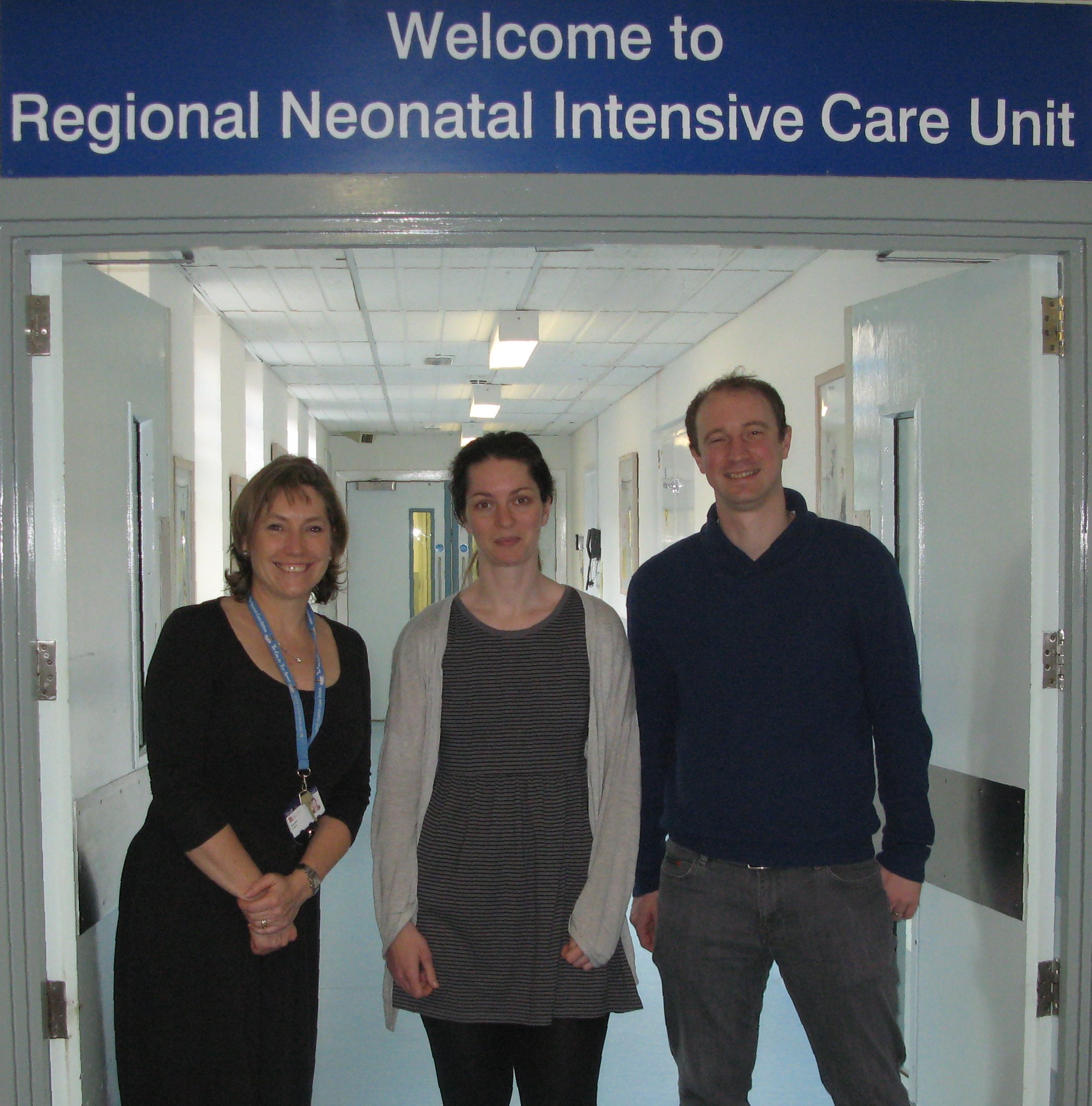In particular, the team are interested in the fact that when babies are born premature, they are predisposed to abnormal brain development, which can cause cognitive and behavioural difficulties later in life. In their research, the team are asking if brain activity during sleep might be affected by premature birth and whether this could be a factor in shaping how the brain grows. By assessing brain activity in newborn children and investigating the signals that underlie brain activity during sleep, researchers hope to generate new predictors of brain development and offer insight into the idea of using sleep to restore healthy brain growth.
Elizabeth Blackwell Institute’s Catalyst Fund award enabled Dr Ashby and his team to study sleeping brains of twenty prematurely born infants using functional Magnetic Resonance Imaging (fMRI). At the same time, scientists also collected other data (such as high density electroencephalogram (EEG) and electrocardiogram (ECG) recordings) with the aim of identifying ECG-based markers of sleep state that could inform analysis of resting state connectivity from fMRI data. The in depth analysis of these data is now underway in collaboration with Dr Alin Achim (Faculty of Engineering, University of Bristol), who is expert in pattern recognition techniques.
The pilot data collected during this EBI-funded project has provided the basis for further applications to investigate neonatal sleep mechanisms further. As a result, the research group has secured additional resources during and for continuation of this work, including a fully-funded MRC-DTG PhD studentship (started Oct 2014), a Wellcome Trust Neural Dynamics PhD rotation student and an MSc in Biomedical Engineering student (with Dr Alin Achim).
